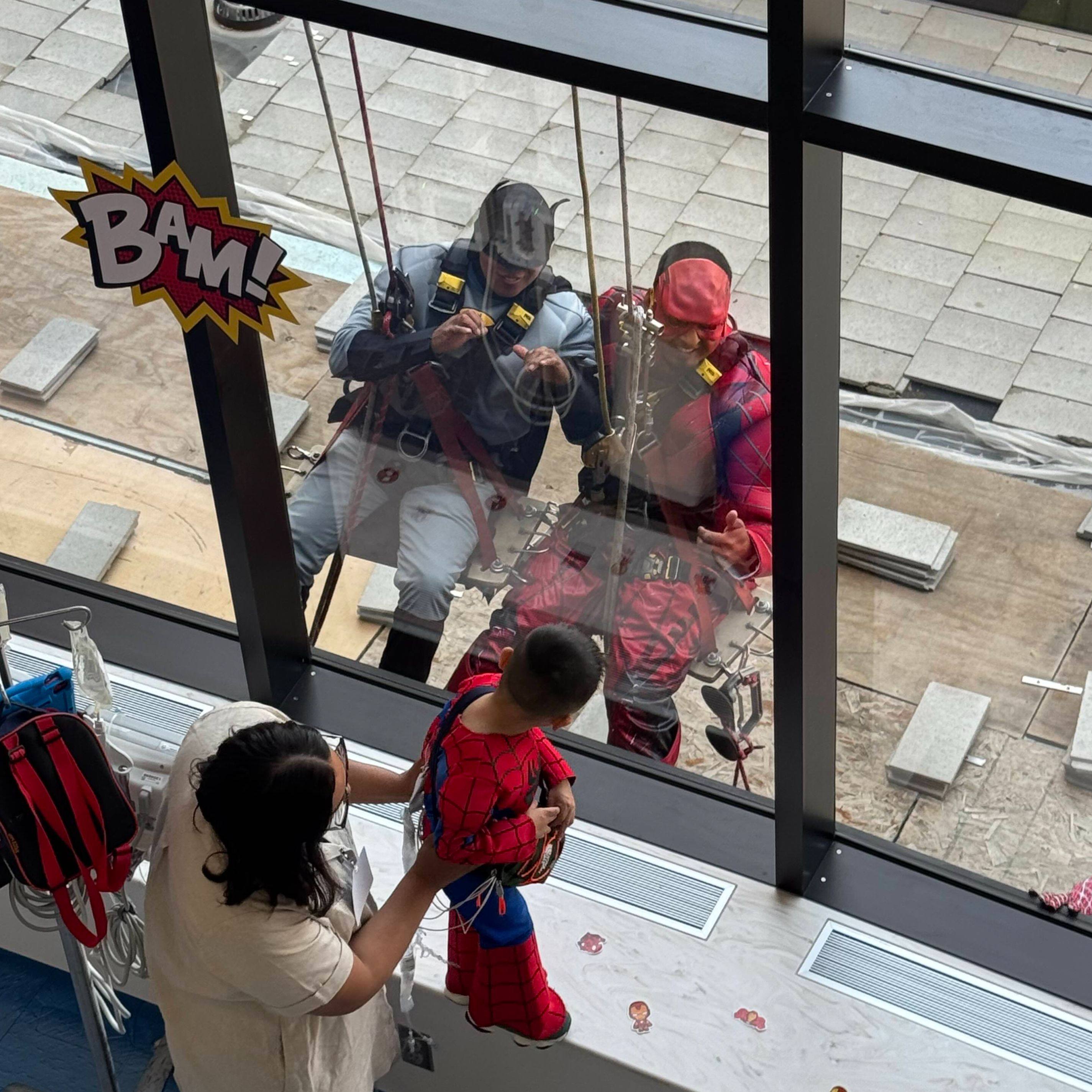-
Helping Others Heal: A childhood goal of advocating for the sick

The United Nations called the killing of 300,000 people and the displacement of 3 million more one of the worst humanitarian crises ever when Darfur, Sudan, exploded with civil war in the 2000s.
Although he was not directly affected by the war, Dr. Waleed Gibreel watched how the crisis shaped the country. People didn’t have access to medical care. Many died from a lack of basic necessities.
“When people are sick, they are vulnerable and need help. They need someone to be their advocate,” Dr. Gibreel says. “I wanted to be that person who could help someone when they truly needed it.”
Dr. Gibreel’s father was an accountant and his mother worked raising three children. But even professional workers had difficulty finding what is commonplace in the West — cohesive medical care and education.
Read the rest of Dr. Gibreel's story in Mayo Magazine.
Related Articles







